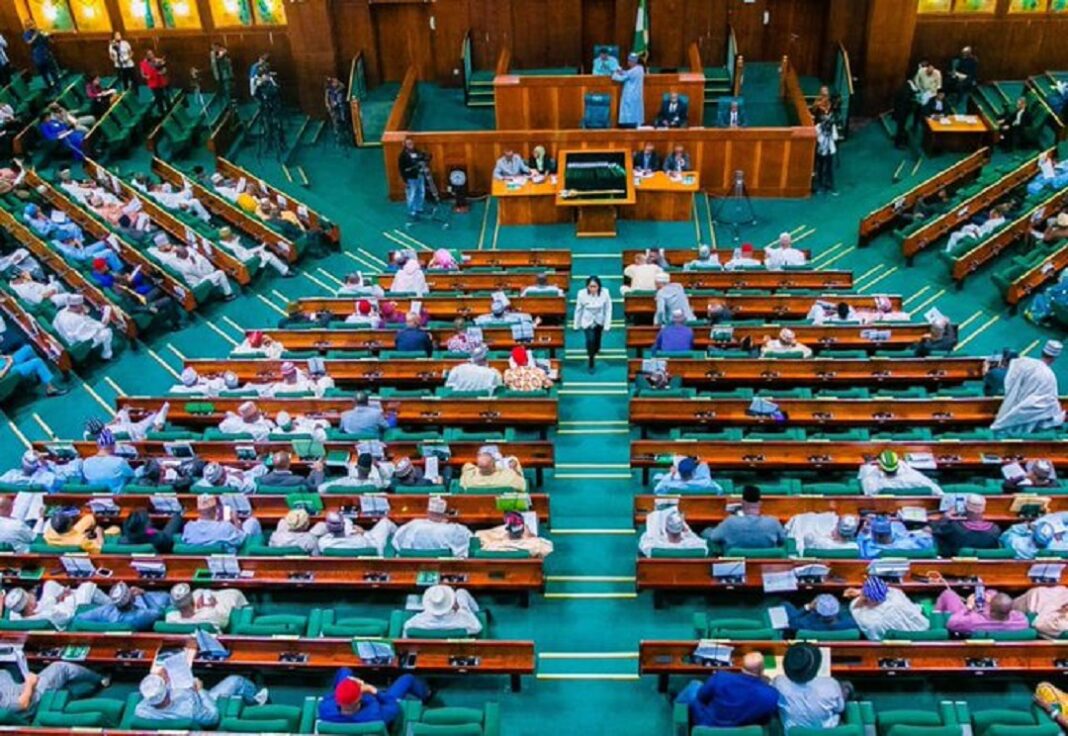WASHINGTON D.C. (ChatnewsTV) — Tuberculosis (TB) has re-emerged as the world’s deadliest infectious disease, surpassing COVID-19, according to the World Health Organization’s (WHO) 2024 Global Tuberculosis Report. The report, released Tuesday, revealed a record 8.2 million new TB cases in 2023, the highest since WHO began tracking global TB data in 1995, up from 7.5 million cases in 2022.
“The fact that TB still kills and sickens so many people is an outrage, when we have the tools to prevent it, detect it and treat it,” said WHO Director-General Dr. Tedros Adhanom Ghebreyesus. “WHO urges all countries to make good on the concrete commitments they have made to expand the use of those tools, and to end TB.”
The report outlined a mixed landscape: while TB deaths fell slightly from 1.32 million in 2022 to 1.25 million in 2023, the total number of people developing TB rose to an estimated 10.8 million, with India, Indonesia, China, the Philippines, and Pakistan bearing more than half the global burden.
Multidrug-resistant TB (MDR-TB) remains a critical issue. Only 44% of the 400,000 estimated MDR/RR-TB cases were diagnosed and treated in 2023, with treatment success reaching 68%, reflecting the challenges in controlling drug-resistant strains.
The WHO report emphasized severe funding shortfalls. Of the US$ 22 billion annual target, only 26%, or US$ 5.7 billion, was available in 2023, predominantly impacting low- and middle-income countries (LMICs), where 98% of cases occur. This lack of funding has also impeded research efforts, with only one-fifth of the US$ 5 billion annual target for TB research met in 2022, hindering the development of new diagnostics, drugs, and vaccines.
“We are confronted with a multitude of formidable challenges: funding shortfalls, catastrophic financial burden on affected households, climate change, conflict, migration, and drug-resistant tuberculosis,” said Dr. Tereza Kasaeva, Director of WHO’s Global Tuberculosis Programme. “It is imperative that we unite across all sectors and stakeholders to confront these pressing issues and ramp up our efforts.”
The report also noted that half of TB-affected households face catastrophic health costs, with economic factors and social determinants, such as undernutrition and poverty, driving new cases.
WHO is calling for governments and donors to fulfill commitments made during the 2023 UN High-Level Meeting on TB, urging substantial investments in TB research and global health infrastructure to meet 2027 targets for reducing the disease burden.




